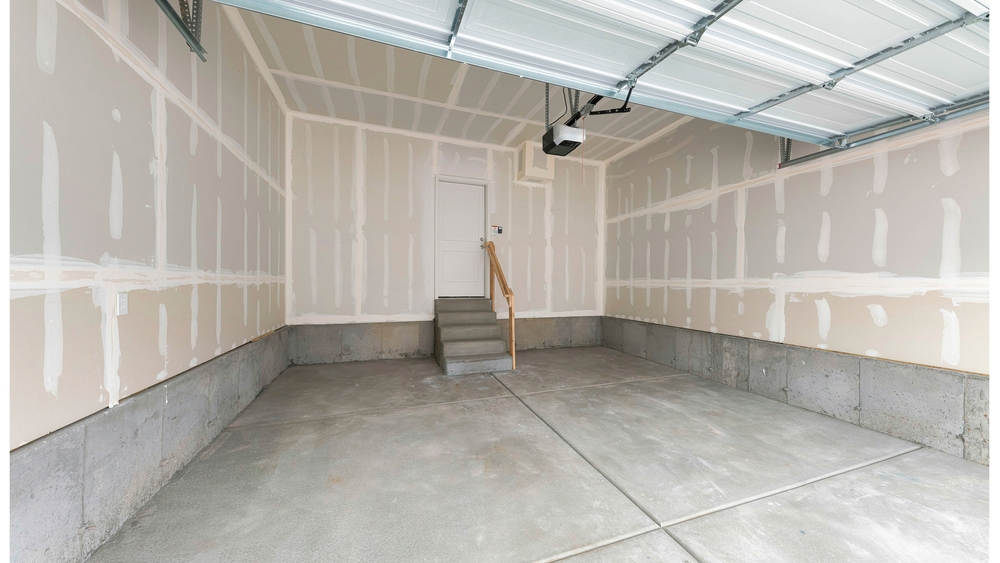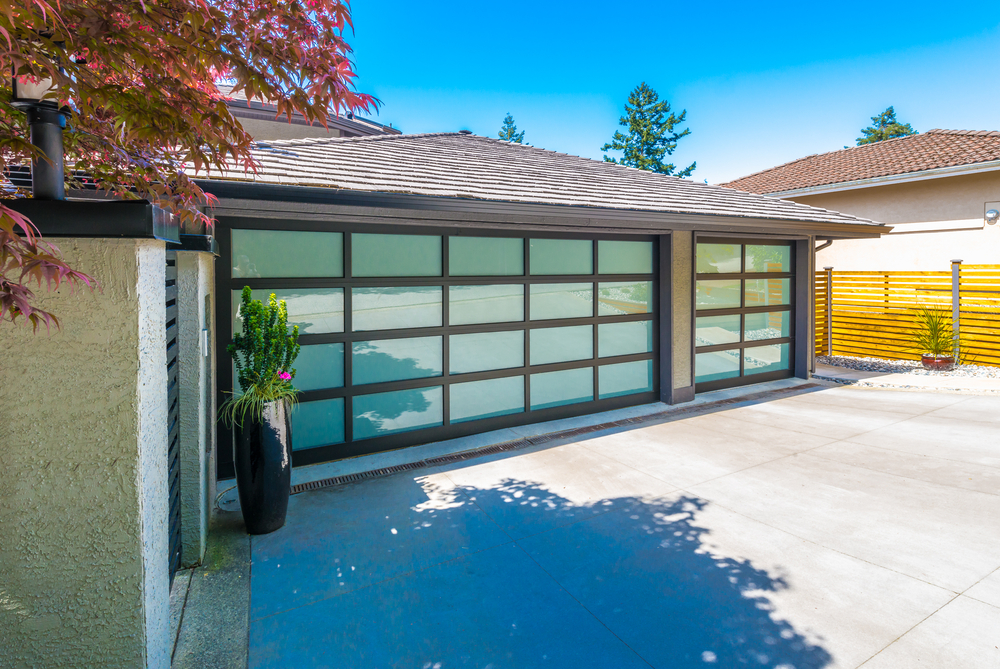Can Energy-Efficient Garage Door Help Lower Energy Costs?
Exterior doors provide an entrance and an exit to the home. Homeowners might be aware that these doors can result in energy leaks that put pressure on the heating and cooling systems of a home. Drafts underneath doors and even on the sides of the doors can allow cool or warm air to enter the home.
Homeowners might not realize that their garage door also could be allowing drafts and energy leaks. Can an energy-efficient garage door help protect the home from energy drains and higher utility costs?

Doors in the Garage
Most homes probably have an attached garage. The garage includes a door that allows residents to enter the home (or exit the home) through the garage. This is convenient for homeowners when the weather is rainy or snowy.
The garage also has the master door that folds up into the garage. This door allows cars to enter the garage.
Both of these doors could cause energy leaks. If the main door (the large door) to the garage isn’t adequately insulated or if it has gaps, the cold or hot air will enter the garage. When homeowners open the door that leads into the home, the cold or warm air could enter the home, too.
However, maybe homeowners invested in an upgraded energy-efficient door. Even if the main door to the garage is a more efficient option, the door leading into the home might still be a source of leaks or drains.

An Energy-Efficient Main Garage Door
Homeowners might be used to researching all their energy efficient appliances and home options via ENERGY STAR. When shopping for energy efficient garage doors, can homeowners just look for this label?
Unfortunately, garage doors aren’t eligible for the ENERGY STAR label. This is due to the fact that a garage is noted as an “unconditioned space.” The garage isn’t heated and it’s also not air conditioned. As ENERGY STAR explains, some people keep mowers and paint (and, of course, their car) in the garage. These items could result in fumes entering the home. For this reason, the HVAC isn’t tied to the garage.
However, e-architect explains that energy-efficient garage doors can offer benefits to homeowners. These benefits include lowering energy costs, keeping the garage more comfortable (some like to work in their garage) and even adding insulation to improve the noise level.
The Interior Garage Door that Enters the Home
What about the door to the home that allows homeowners to enter their home from inside the garage? Should this door be insulated better?
If homeowners feel that air is entering the home from the garage, they might work on making the door more energy efficient. They could add some weather stripping or even a door stop that keeps air from leaking below the door.
Homeowners who are interested in energy efficient doors, though, might have options from companies that specialize in these doors. Some homeowners drive green vehicles (electric) and don’t store any items in their garage that emit fumes. They might want more efficient doors to insulate their home.
They can research their options via a quick Google search. Homeowners need to remember, though, that these doors will not include an ENERGY STAR label.
The Garage Might Not Be the Issue
While the garage might feel cooler or warmer, this might not be the real problem that’s causing energy drains in the home. In fact, homeowners might find that other doors are actually the problem. Poorly insulated windows also could be the source of leaks.
If the heating and cooling bill is becoming a burden, homeowners might need to investigate the cause. Feel around windows and doors to test for any leaks.
In addition, some homes also might have a poorly insulated attic. This can be easy to spot after a snowstorm; areas of the snow will melt faster when the attic is a heat leak. After a heavier snow, homeowners can look at their roof to see any melted areas.
If they spot areas on the roof where the snow has melted quickly, they might consider having a professional inspect the insulation. Poorly insulated walls and a poorly insulated attic can cause rooms to feel colder during the winter and warmer during the summer. This will put additional pressure on the HVAC, too.
Some homeowners might be turning up the heat too high or turning down the air conditioning too low. To save energy (and money, too), homeowners can set their thermostat to 78 degrees Fahrenheit during the summer and 68 degrees Fahrenheit during the winter.
Homeowners interested in upgrading their garage doors to energy-efficient garage doors can research their options. However, these doors do not qualify for the ENERGY STAR label. Finding the best garage doors might be up to the homeowner.


